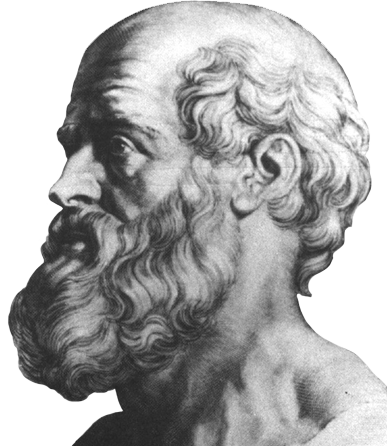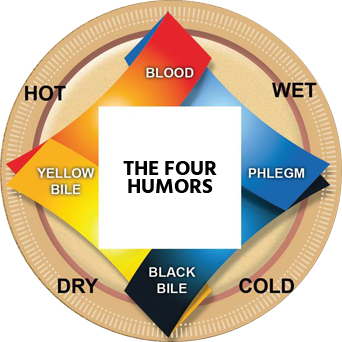The Earth may not be flat nor is it the center of the universe, but that doesn't mean old-world intellectuals got everything wrong.
In recent years, modern science has validated a number of teachings and beliefs rooted in the ancient wisdom of Unani science.
This system of medicine is a comprehensive medical system, providing promotive, preventive, curative and rehabilitative healthcare. Its fundamentals, diagnosis and treatment modalities are based on scientific principles and a holistic approach, considering each individual in relation to his/her environment and emphasizes on the health of body, mind and soul.
The Unani system of medicine, sometimes referred to as the "Greco-Arab" medicine or "Unani Tibb"; is based on Greek philosophy, originated in Greece and the term Unani is derived from 'Unan', Arabic and Urdu for 'Greece'.

The theoretical framework of Unani medicine is based on the work of Hippocrates (460-377 BC). By his method of careful study and comparison of symptoms, he laid down the foundation for clinical medicine based on diet and rest. He advocated that the chief function of a physician is to aid the natural forces of the body in combating a disease.
A number of Greek scholars after Hippocrates such as Galen (131-200 AD) followed by Arab physicians like Rhazes (850-932 AD) and Avicenna (980-1037 AD), enriched the system considerably. Rhazes and Avicenna authored Al-Hawi and Al-Qanun respectively, which were compilations of their observations.

Unani system follows the humoural theory which postulates the presence of four humours in the body: dam (blood), balgham (phlegm), safra (yellow bile) and sauda (black bile), a parallel to kapha, vata and pitta, the three doshas in ayurveda.
The quality and quantity of four humors affect the state of health and disease in the body.
In the Unani system of medicine there are six basic factors which are considered essential for the maintenance of good health and prevention of diseases.
If a person is in practice of these basic principles with perfect balance, his/her health remains maintained.
Air
Drinks and food
Sleep and wakefulness
Excretion and retention
Physical activity
Mental activity and rest
India is the leading geography with the largest number of educational, research and health care institutions of Unani Medicine.
An integral part of the national health care delivery system, equilibrium plays a very important role here. Effective, inexpensive and easily available, Unani says that the human body is maintained by the harmonious arrangement of the 7 natural and basic components called "Umoor-e-Tabiya" (fundamentals of physique) which are responsible for maintenance of health. These are the heroes and villains that play their crucial role in human life.
Herb gardens, nursery of medicinal plants, experimental and field scale cultivation are the major initiatives taken by us at Hamdard for the improvement of medicine.
Tremendous progress has been registered in the development of medicines. Yet, medicinal plants still continue to be an important source of drugs throughout the world.
Hamdard is one of the largest users of diversified herbs, and the pharmacology department ensures the proper identity of raw materials by macroscopic and microscopic evaluation. Each herb is photo-documented and a reference herbarium is available for authentic identification.
Marker compounds are required for the standardization of herbal raw materials and formulations. Research and Development department at Hamdard is also engaged in maintaining the Marker Compounds Library to enable the analysis by sophisticated instruments.